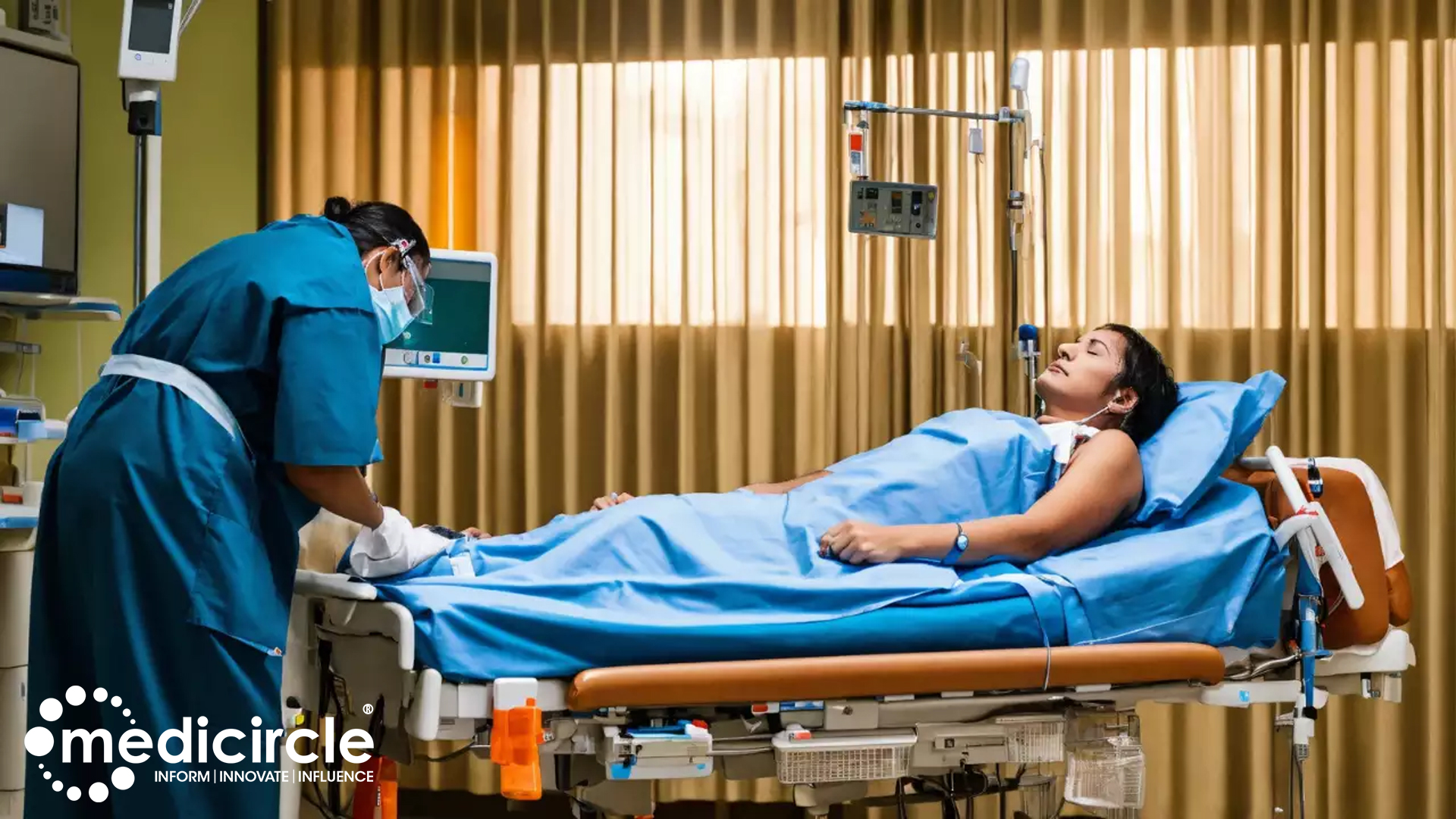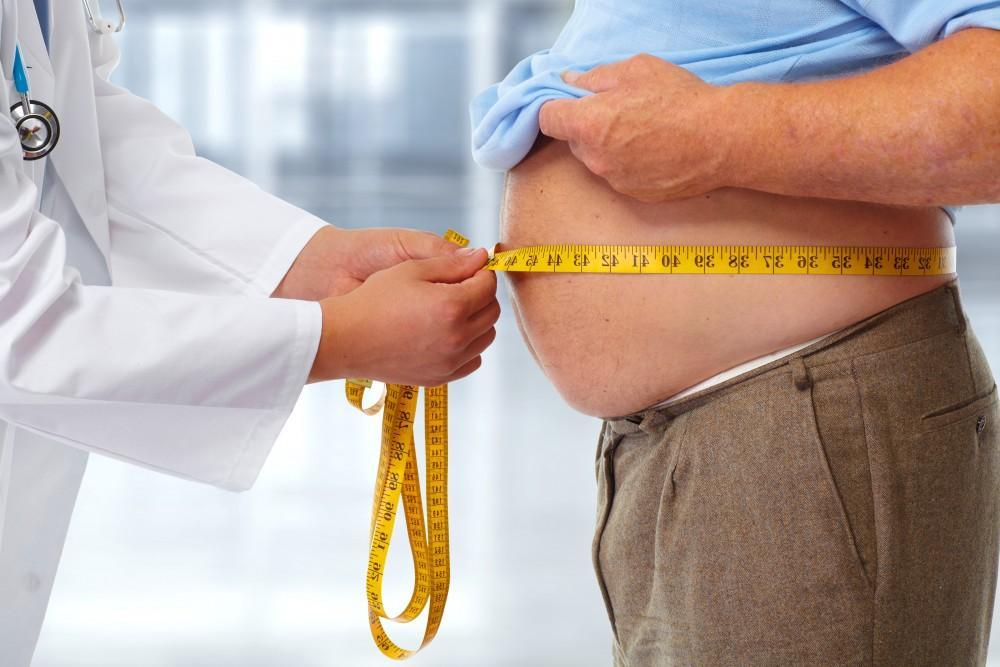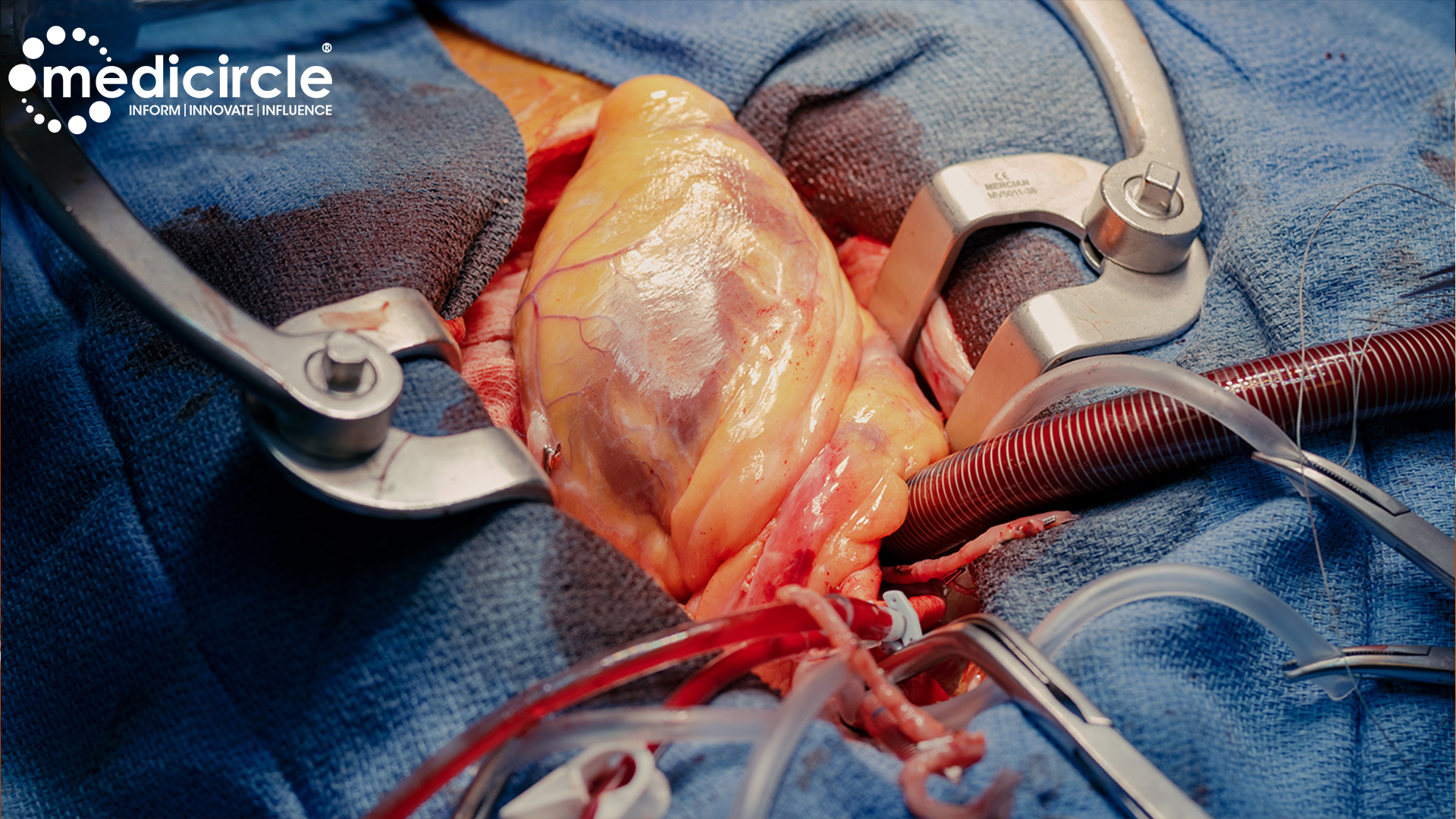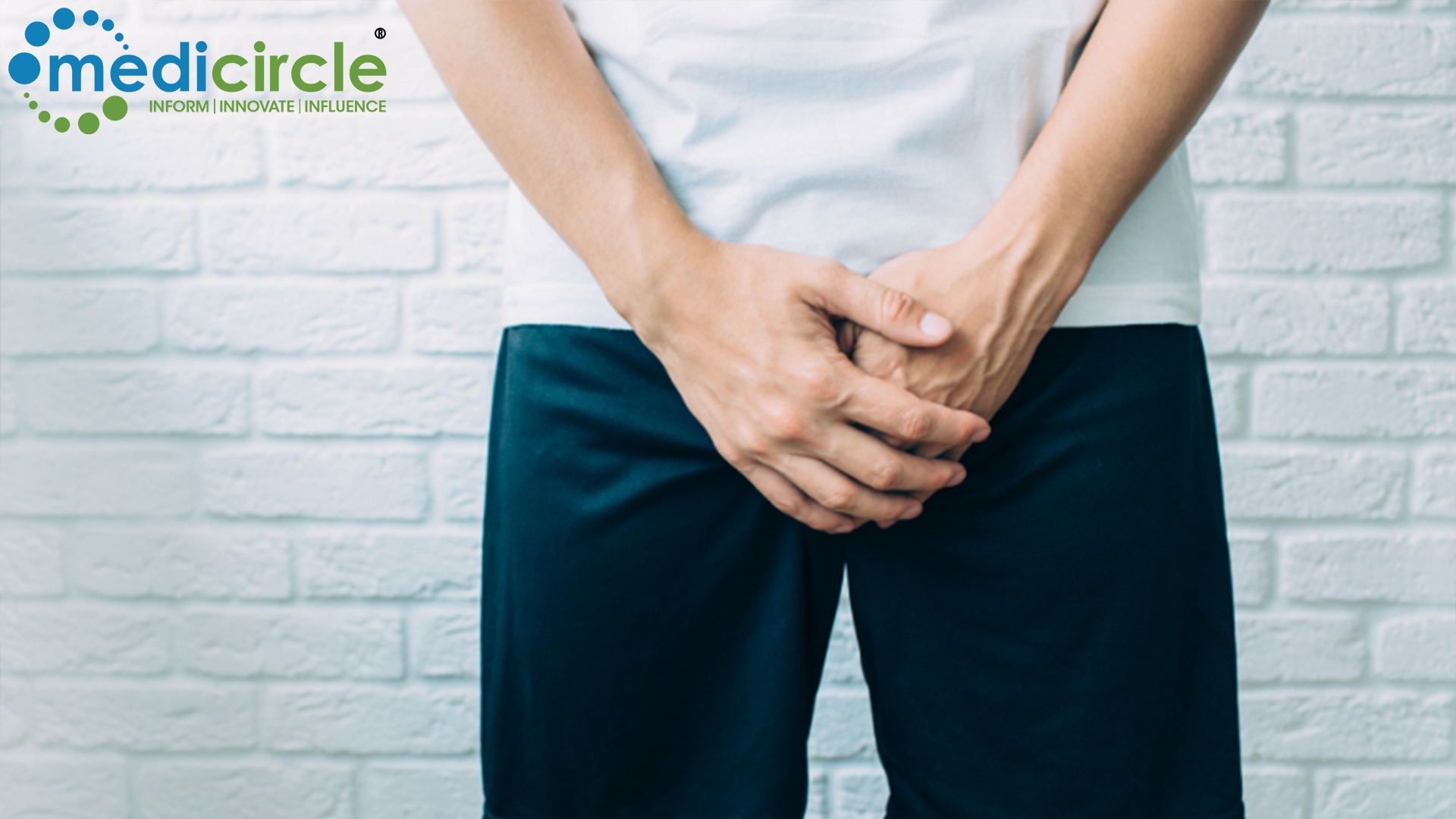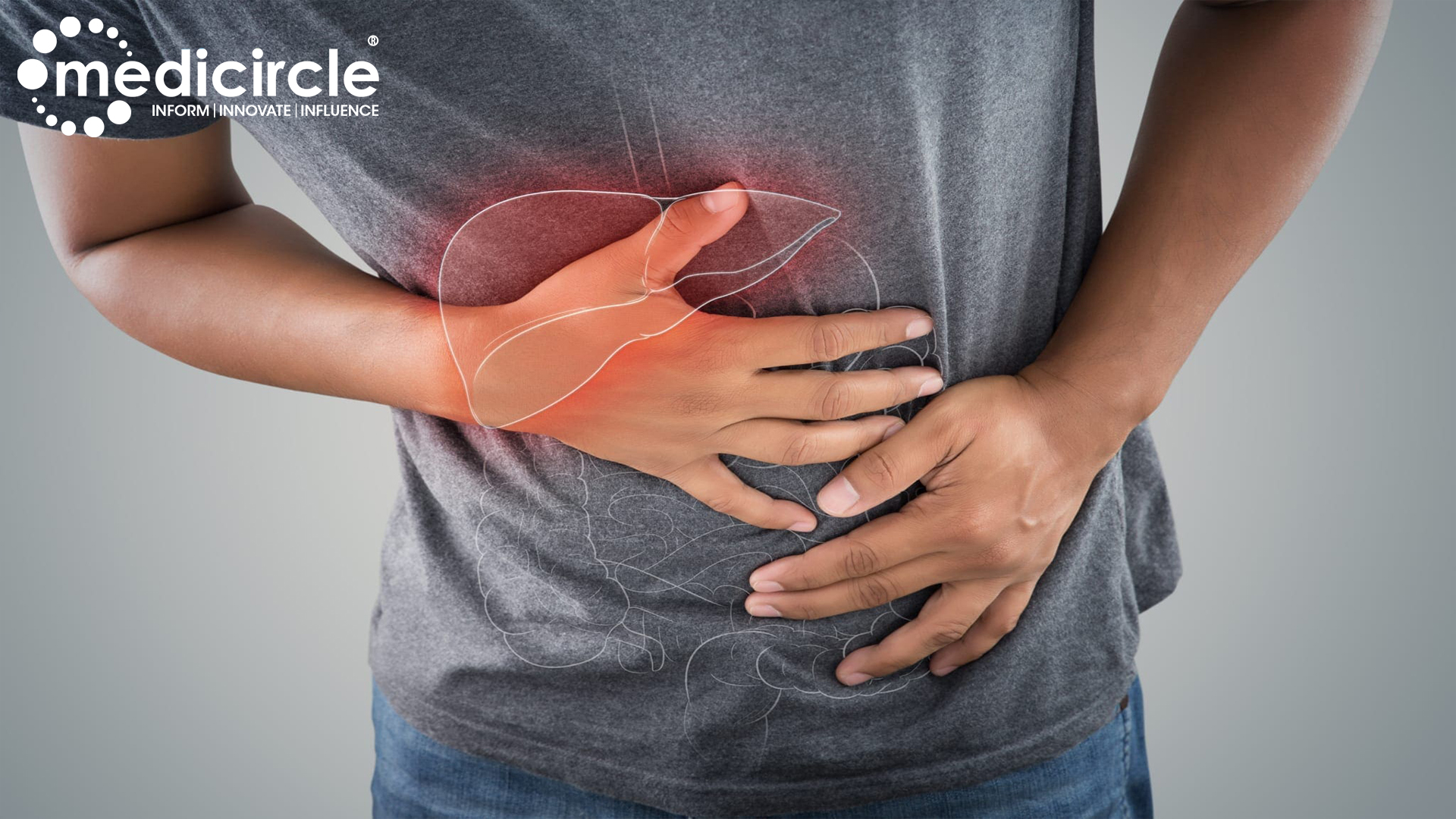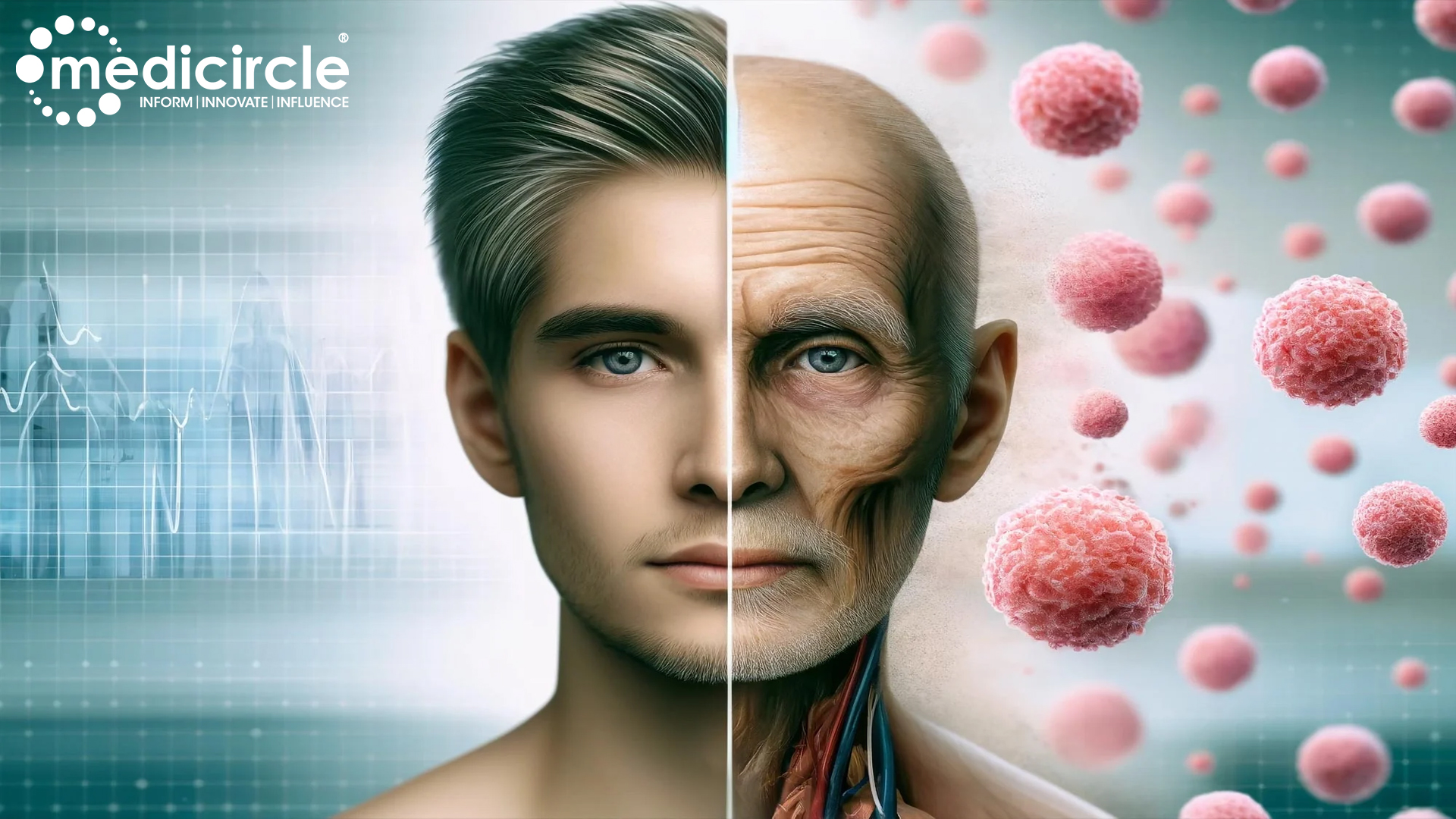Many women have reported changes to their periods after a covid-19 vaccination and the US National Institutes of Health has allocated $1.67m for research into a possible connection.
Now two new observational studies provide reassuring data suggesting that any changes are short-lived and small compared with natural variation in normal cycles.
Dr Victoria Male, a reproductive specialist at Imperial College London, looks carefully at these new findings in The BMJ today.
The first study drew on data from 3,959 Americans who logged at least six consecutive cycles on a menstrual cycle tracking app. Of these 2,403 were vaccinated and the remainder acted as a control group.
After accounting for other factors, the first dose of vaccine had no effect on timing of the subsequent period, while the second dose was associated with a delay of 0.45 days.
Most affected were the 358 individuals who received both doses of the vaccine in the same cycle, experiencing a 2.32 day delay to their next period. Among this group, 11% experienced a change in cycle length of more than 8 days, which is considered clinically significant, compared with 4% in the unvaccinated group. In all groups, cycle lengths returned to normal by two cycles after vaccination.
A second study asked a group of 5,688 Norwegians whether they had experienced specific menstrual changes (such as unexpected breakthrough bleeding or worse than normal period pain) in the cycles before and after each vaccine dose.
The high level of variation in normal cycles is underlined by the initial finding that 38% of participants reported at least one change from normal in pre-vaccination cycles, which increased to 39% after the first vaccine dose and 41% after the second dose. The most commonly reported post-vaccination change was heavier than normal period.
The findings from both these studies are reassuring: changes to the menstrual cycle do occur following vaccination, but they are small compared with natural variation and quickly reverse, says Male.
But she points out that under the UK vaccination schedule, it is impossible to receive both doses of the vaccine in the same cycle, so the changes observed in the US and Norway do not necessarily occur here.
A study using data from UK users of the same menstrual cycle tracking app as in the US study is expected to clarify this point soon, she notes.
In the meantime, the UK medicines regulator (MHRA) says that current evidence does not support a link between changes to menstrual periods and covid vaccination in the UK, and it continues to advise that anyone noticing a change to their periods that persists over several of cycles, or who has any new vaginal bleeding after the menopause, be treated according to the usual clinical pathways.
Much of the public concern around this issue arises from misinformation that covid-19 vaccines cause female infertility, adds Male.
Although we already have evidence that this is not the case - and evidence also suggests that infection with covid-19 may reduce sperm count and quality - a deeper understanding of the effects of both infection and vaccination on fertility will enable better counselling of patients for whom this is of particular concern, she writes.
These studies represent a step in the right direction, but there is still much to learn, she says. For example, understanding the way in which post-vaccination menstrual changes occur, determining whether any group is particularly vulnerable so they can be counselled appropriately, and better defining the extent and persistence of these changes.
“The widespread public interest in this topic highlights how pressing concern this is for the public. It’s time we started listening to them,” she concludes.
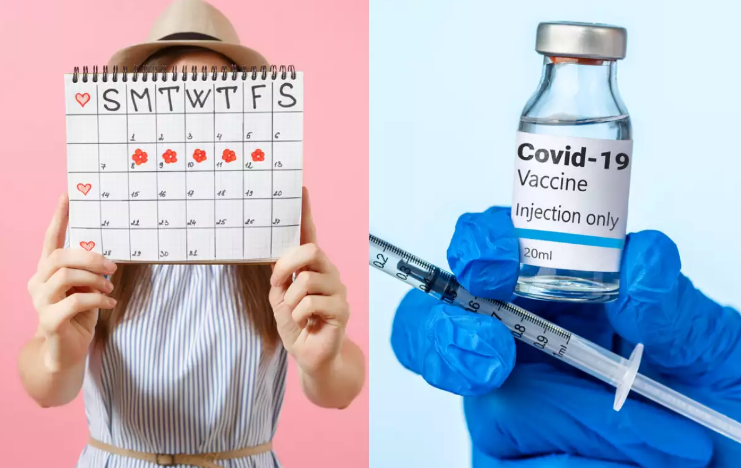
 The latest evidence suggests any changes are short-lived and small compared with natural variation in normal cycles
The latest evidence suggests any changes are short-lived and small compared with natural variation in normal cycles





















